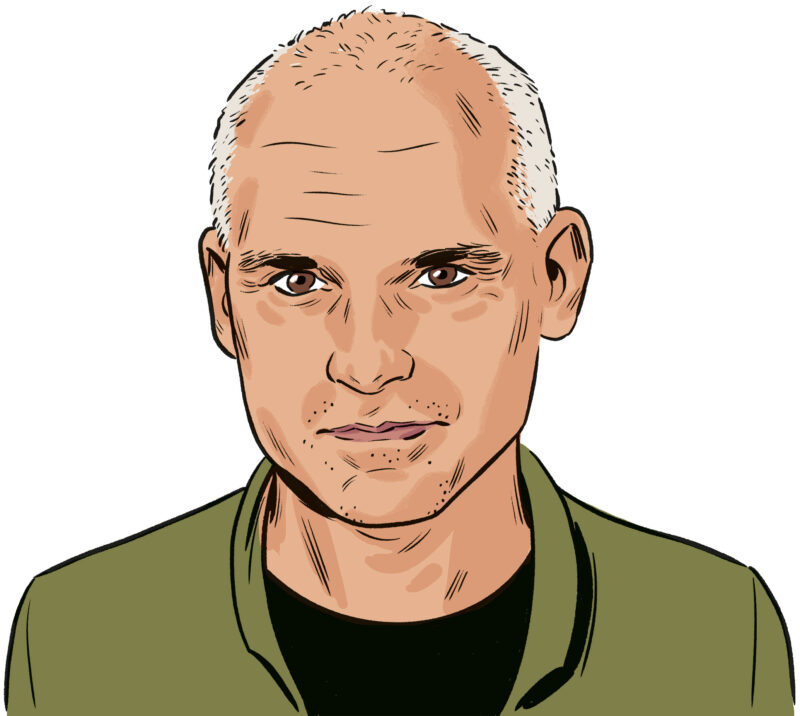Hernan Diaz leaped into our collective literary consciousness with both feet via his 2017 debut, In the Distance, a revisionist western tale of a gentle Swedish emigrant meandering through the hardships and violence of the American Old West in search of his lost brother. The book was a finalist for the PEN/Faulkner Award for Fiction and the Pulitzer Prize, the latter of which Diaz secured for his second novel, Trust. An onion of a book, Trust begins with the story of a 1920s Wall Street tycoon, then progressively peels back narrative layers to expose the voices of those silenced by capital, patriarchy, and power. Born, raised, and educated in Argentina, Sweden, and London before settling in New York, Diaz peppers his work with elements relevant to an unanchored life: Plenty of loneliness and cultural isolation. Diverse perspectives. A longing for home and comfort that never quite manifests. An impulse toward justice, paralleled by pragmatism regarding the all-too-frequent frustration of it.
This is my second interview with Diaz—both by way of Zoom—and I know from our previous conversation that he grew up viewing the United States from afar, on a basis of “fictional experience,” gleaning his awareness of American culture through cinema, literature, and music. By now, his writing has been woven into that cultural mythos, so far contributing to the exploration of two of the most American of narratives: those of the western wanderer and the consummate capitalist. He turns both these archetypes on their heads, perhaps benefiting from the removed vantage afforded by a cosmopolitan existence. There is a special sort of objectivity that comes with being from a little bit of everywhere and a little bit of nowhere.
You have reached your article limit
Sign up for a digital subscription and continue reading all new issues, plus our entire archives, for just $1.50/month.
Already a subscriber? Sign in





